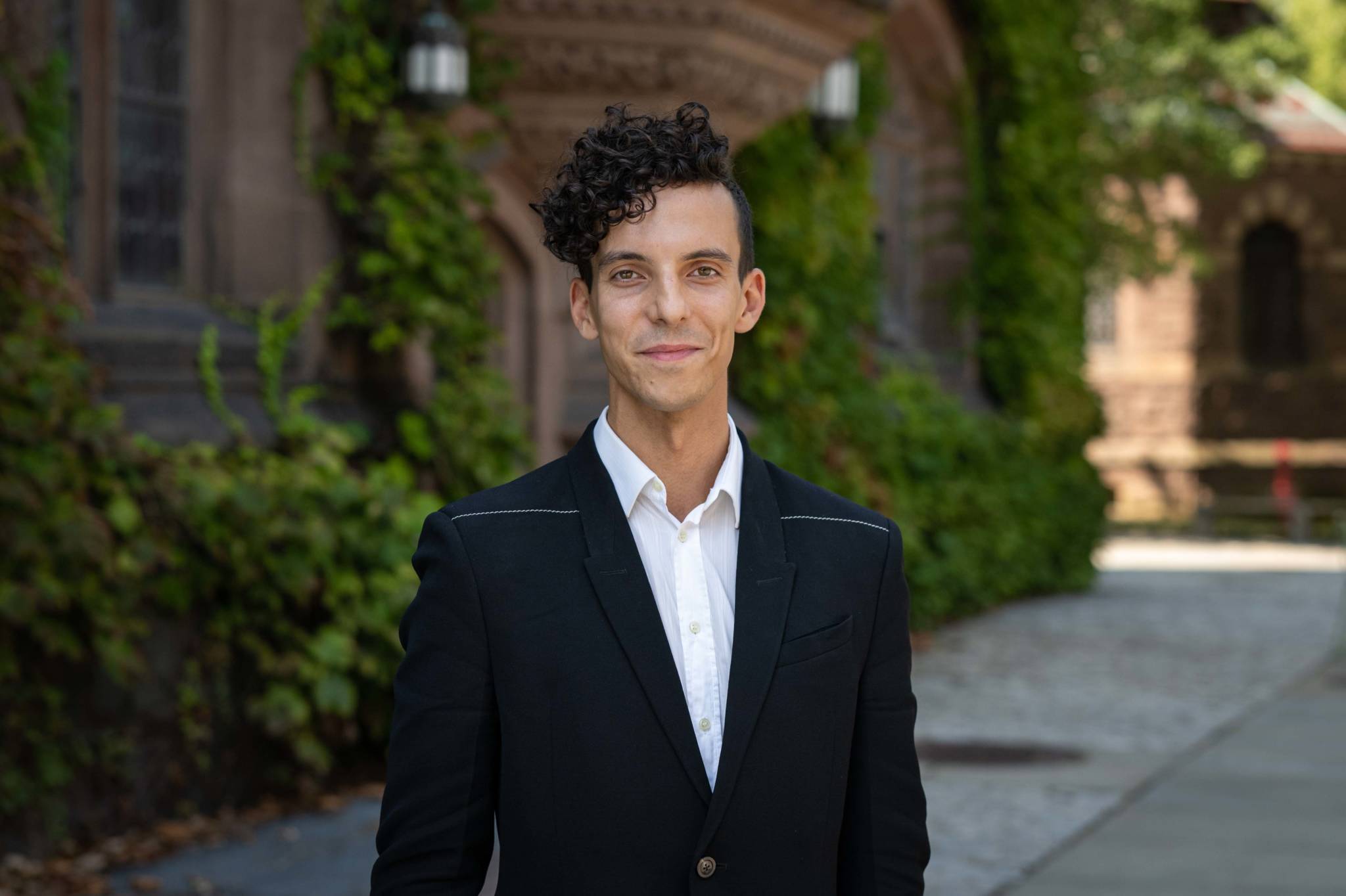Andrea Capra is a literary scholar who received his Ph.D. in Italian from Stanford University. His work focuses on the 19th through the 21st century, drawing from comparative literature, philosophy, and intellectual history. Capra’s current project, “Horror Beyond Horror: The Unraveling of the World in Modern Italian Literature,” studies horror’s presence and aesthetics in non-horror literature. His book develops a phenomenology of this experience that centers on ordinary circumstances, and analyzes horror’s presence in modernity, delving into its significance for our time. Capra also explores the role that storytelling plays in current discourses around computational technologies, particularly artificial intelligence. He maintains an active research agenda on political topics as well, especially as they intersect with fringe, online-based communities.
Capra’s publications range from Italian studies and horror studies to continental philosophy and comparative literature. Some of his writings have appeared, or are forthcoming, in venues such as Angelaki, il verri, Italianistica, Italian Quarterly, Studi novecenteschi, The Cambridge History of the American Essay, and the Los Angeles Review of Books.
In the Fall of 2023, Capra will co-teach “Italian Civilization through the Centuries: Identity Crisis from Dante to the Present.” In Spring 2024, he will teach “Making Sense of Artificial Intelligence: Fiction, Technology, Storytelling,” supported by a grant from Princeton’s Council on Science and Technology.
















